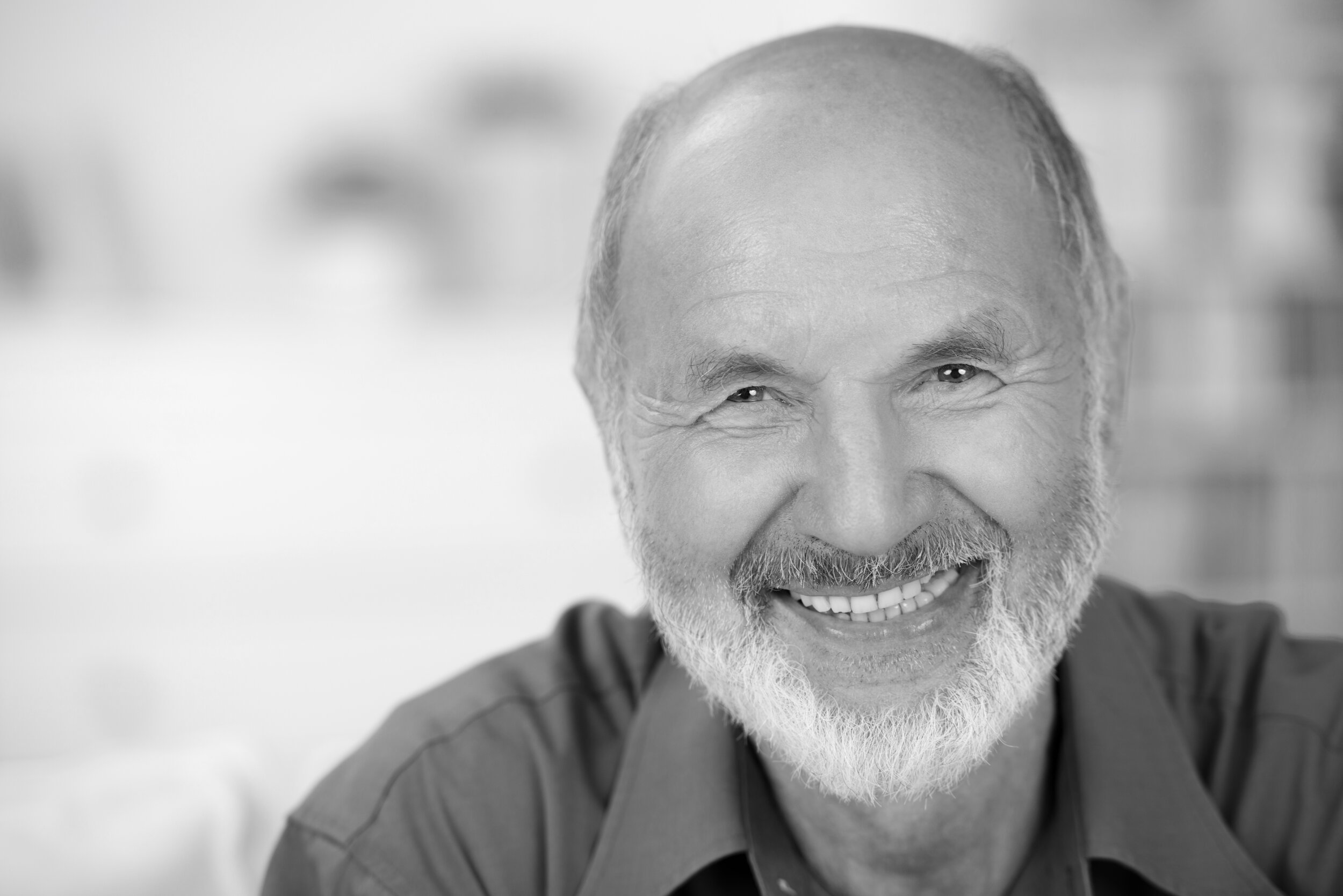So many of us have suffered relationship damage and pain. Our bonds with parents, siblings, friends, acquaintances, partners, and adult children can be worn thin by conflict and misunderstandings. The hurt we feel can prevent us from reaching out to address these issues. Likewise, damaged emotions can stop us from reaching out to grow new relationships.
As time goes on, we may wonder how we ended up in these situations. While many factors may be contributing, our level of self-awareness may play a strong role.
What Is Self-Awareness?
The term self-awareness can be confusing to some. And, it may mean different things to different people. But when mental health professionals talk about self-awareness, they are referring to specific qualities.
A large part of self-awareness is the ability to step outside of your thoughts and look at them objectively. Basically, it’s the realization that you are not your thoughts. You exist beyond what is running through your mind.
Because of this, you have the power to observe, question, and modify your thoughts. So when you run into struggles in life, you don’t have to passively experience them. You can be proactive. Often, this means looking at the big picture. Besides just blaming other people, you’re able to look at your role in relationship problems. You can problem-solve and formulate ways to try to improve the situation.
How to Find It
Self-awareness can be the product of many things. It is a skill that can be fostered and grown. The following actions are helpful ways to grow your self-awareness.
Self-Examination
The next time you encounter a misunderstanding with someone, pause, and carefully reflect on what happened. What outside factors may have influenced that incident? Were you tired and stressed, or were they? Perhaps there was a simple communication block that wasn’t anyone’s fault. The goal is to reach a deeper awareness of what was going on. The more you do this, the more expansive your view of others and yourself.
Gratitude
People with high self-awareness often practice gratitude. Despite whatever hardships or challenges you face, you can learn to cultivate thankfulness for all the good and beautiful in your life. You can even find gratitude for the hard things because they can lead to self-growth if you let them. The more gratitude you have, the more you’re able to appreciate others.
Mindfulness
Learning to intentionally pay attention to the present moment also increases your self-awareness. Mindfulness helps you step out of what happened in the past and your worries about the future. It teaches you to let go of the crazy thoughts jumping through your brain and learn to be fully present.
How It Helps Relationships
Brene Brown says, “Without self-awareness and the ability to manage our emotions, we often unknowingly lead from hurt, not heart. Not only is this a huge energy suck for us and the people around us, but it also creates distrust, disengagement, and an eggshell culture.”
When we’ve experienced broken trust, shame, and regret in relationships, we can easily end up interacting and responding to others from a place of hurt. But this isn’t good for us or for anybody else. Reacting this way, of course, can become habitual. It can be done completely unwittingly. But this is the point of cultivating self-awareness. It helps us recognize our own pain points and address them. Once we do that, we can engage with those around us from a place of health and healing. We may even be able to inspire them to do the same.
***
Do you feel like you and your relationships with others could be improved by increased self-awareness? Do you yearn to understand yourself better but aren’t sure where to start? Working with a counselor is a very helpful step in this process. Please read more about relationship work and couples therapy and call my office to learn more.

